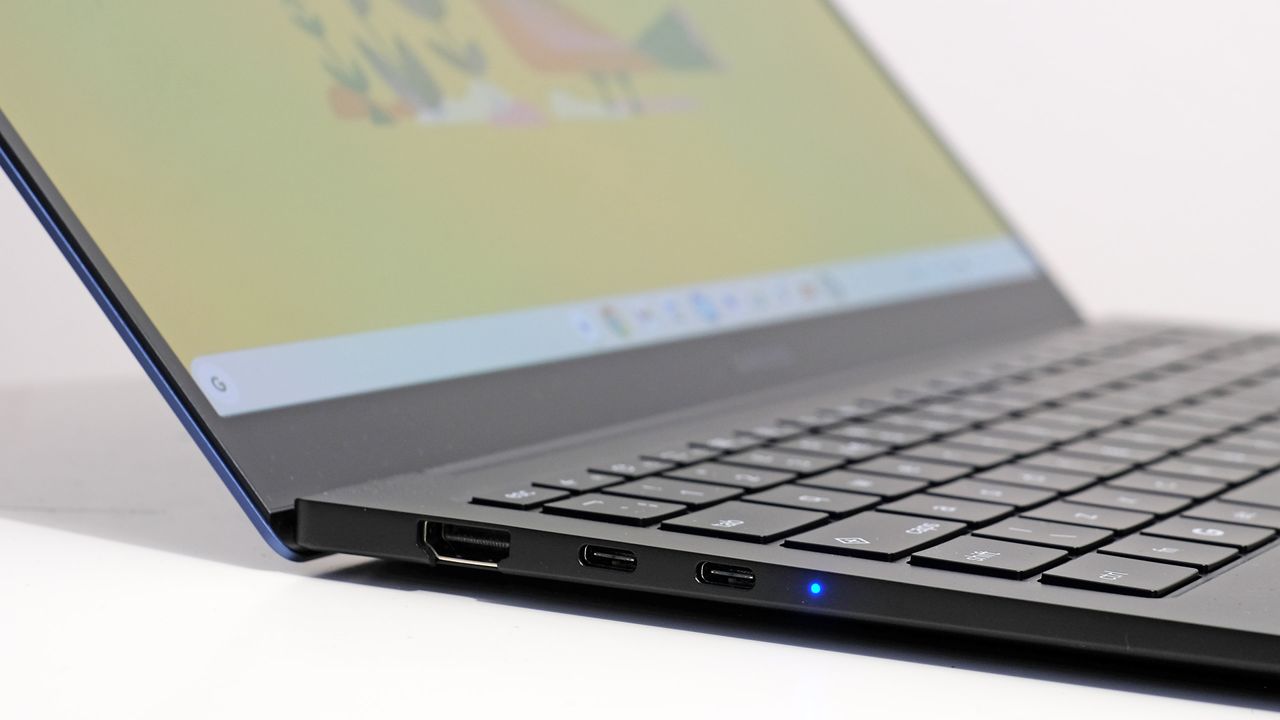Google's Aluminium OS could spell the end for Chromebooks
NeutralTechnology

- Google is advancing its plans for Aluminium OS, a new operating system designed to integrate Android capabilities into personal computers, potentially signaling a shift away from Chromebooks. This development highlights Google's strategy to broaden the functionality of Android beyond mobile devices, aiming to enhance user experience across various platforms.
- The introduction of Aluminium OS could significantly impact Google's hardware ecosystem, particularly affecting the future of Chromebooks, which have traditionally relied on Chrome OS. As Google seeks to innovate and compete in the PC market, this move may redefine its approach to personal computing.
- This initiative reflects broader trends in the tech industry, where companies are increasingly merging mobile and desktop experiences. Additionally, ongoing scrutiny of Google's advertising practices and potential antitrust actions may influence its strategic decisions, as the company navigates regulatory challenges while expanding its product offerings.
— via World Pulse Now AI Editorial System






